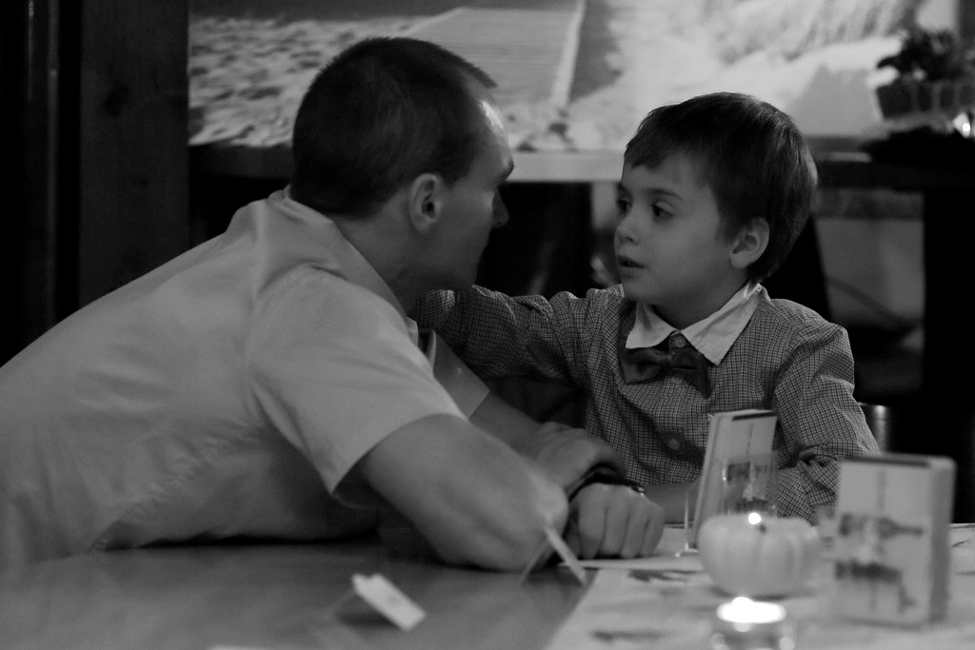Insist, Initiate, Incorporate

I recently posted an article on Facebook about the social media backlash directed at a father because of his decision to spend time alone with each of his four-year-old twins. Apparently, many people accused him of inciting separation anxiety if he implemented this plan. Nonetheless, he offered valid and legitimate arguments for his intentions. He explained that before he and his husband decided to have twins, they spoke to many adult twins and asked about their experiences. He reported that many said they would have welcomed time away from their sibling to counteract being lumped together all the time.
The article’s author is Australian Sean Szeps, author of parenting blog Bringing Up Gaybies, cohost of podcast The Baby Bubble, and contributor to several parenting sites. He realized that his son and daughter were fighting more than normal and appeared to need a break from one another. Sean rhapsodizes about the benefits of being alone with each child. He shares that being able to parent just one child at a time gave him a new perspective about his daughter’s individuality and opened his eyes to new facets of her personality. He concludes by stating the importance of discovering who you are outside of your relationship with your siblings.
Reading this article reminded me of a telephone call that I received from a mother of ten-year-old identical twin girls. She lamented that their sibling rivalry was getting out of hand. Each tried to outdo the other, even vying for the title of most anxious. Even though they had always been in separate classrooms at school, the mother said that the girls were extremely close, slept in the same bed, and needed to know where each other was at all times. In fact, whenever the mom picked up the girls from school, they said hello to her and then walked in front of her to talk with one another and share their day. She was not included in the conversation.
When I pressed the mom for more of her thoughts about why she did not carve out any additional individual experiences for her daughters, she shared that her best friends in high school and college were male identical twins who hated one another. That was the only experience she had with twins before giving birth to her daughters. She was terrified that her girls might end up in the same boat as her old friends if she insisted on helping them individuate. When I asked her why she believed her friends experienced such animosity, she told me that one twin was labeled the good one and the other the bad one. I acknowledged that this is a surefire method of fomenting fierce antagonism between twins.
To keep her fears at bay, the mom tried to keep things equal for both daughters. She even kept track of the punishments she meted out so they were identical. However, by ignoring the increasing competitiveness and contention between her daughters, she could not respond to their need for some separation. Downplaying their differences to minimize conflict had the opposite effect.
The mother must organize some separate experiences because the girls may be uncomfortable articulating this desire for some independence from one another. Also, one twin might want separation more than the other. Life is not fair, and twins are not equal—as my incessant mantra goes. In my work with adult twins, I see so much suffering and guilt when one twin is better off than the other. This sibling envy goes way beyond what different-age siblings might confront. If twins learn at an early age that their paths and experiences will not be identical, they grow up with a healthier attitude and a more responsible understanding of their individual journeys and personal choices.
Image courtesy of Picturepest (CC BY 2.0)

